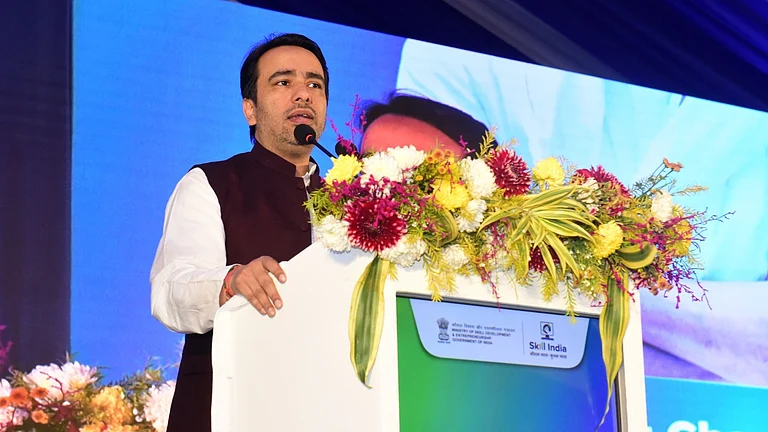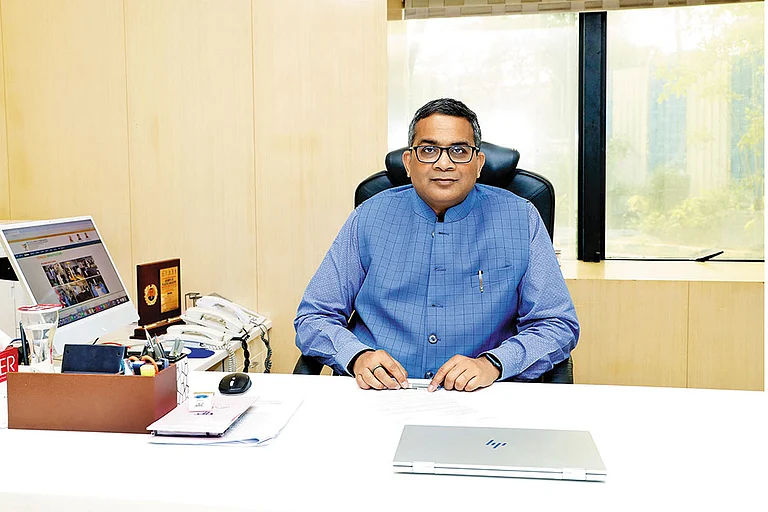Imagine a young graduate, packed with ambition but struggling to land a job because their education lacks real-world application. This is the reality for millions in India, where degrees often do not translate into employability. While India boasts a vast talent pool, only 50.3% of graduates are considered employable. The challenge is clear: we need an education system that prioritises skills over rote learning. Vocational education, with its emphasis on industry-relevant training, is the bridge between academic knowledge and workplace readiness.
Not Quite Job-Ready
For decades, India’s education system has placed a disproportionate emphasis on theoretical knowledge, producing graduates who often struggle to meet industry requirements. The National Education Policy (NEP) is aiming to change this by integrating vocational training into mainstream education, ensuring students graduate with practical skills that make them job-ready. According to the Ministry of Skill Development and Entrepreneurship, only 4.7% of India’s workforce has formal vocational training, compared to 52% in the United States and 75% in Germany. To compete on a global scale, India must rethink its approach to skill development.
The need for qualified professionals is increasing swiftly, especially in fields such as information technology, manufacturing, and banking, financial services and insurance (BFSI). With millions of new job opportunities anticipated in these sectors, universities must act promptly to address this shortfall. Educational institutions are starting to update their programmes by integrating practical training, internships and digital learning resources to prepare students with skills that are pertinent to the industry.
The Industry Equation
Although government programmes such as Skill India and the Pradhan Mantri Kaushal Vikas Yojana (PMKVY) have established a foundation for vocational education, it is imperative that the private sector take a proactive role in fostering meaningful transformation. Industry associations and corporations are essential in influencing vocational training by partnering with educational institutions to create pertinent curricula, offering extended internship opportunities and incorporating industry-related projects into academic programmes.
The National Apprenticeship Promotion Scheme (NAPS) has become a significant facilitator, motivating businesses to engage actively in skill enhancement. Organisations are collaborating with the government to embed vocational training within conventional education systems, delivering practical apprenticeships, certification courses and AI-enhanced digital learning solutions that meet industry requirements. These efforts ensure that students acquire training that is in sync with actual business needs, thereby enhancing their employability upon graduation.
The Question of Access
One of the primary obstacles India encounters is ensuring that vocational training is accessible to everyone. The NEP promotes skill-oriented education across all levels, enabling students to acquire competencies that correspond with their selected career paths. Universities are progressively integrating vocational studies into their programmes, reflecting a trend that aligns with international best practices. As reported by the All India Council for Technical Education, more than 200 universities have already launched skill-based initiatives.
Prominent corporations and industry organisations are increasingly partnering with educational institutions to develop hybrid training models that integrate expert-led teaching with hands-on experience. This transition transcends conventional classroom education, promoting a "learn while you earn" philosophy that improves student employability. It is essential for colleges to be evaluated based on the "employability score" of their graduates, encouraging these institutions to prioritise job preparedness and practical applications over mere theoretical understanding.
A highly skilled workforce is not merely beneficial for individuals; it is crucial for the advancement of the nation. According to research conducted by the International Labour Organisation (ILO), a 1% rise in vocational training correlates with a 1.5% increase in national productivity. As India aspires to establish itself as a global economic leader, vocational education must be pivotal in developing its labour force.
Success hinges on enhanced collaboration between industry and academia, extensive training initiatives and policy frameworks that integrate vocational education into the core of mainstream education. By emphasising skill development, India can equip its youth with the necessary tools to not only pursue employment but also to generate new opportunities—fostering innovation, driving economic growth and ensuring sustained global competitiveness.
The writer is chief executive, FinX. Views are personal.


























